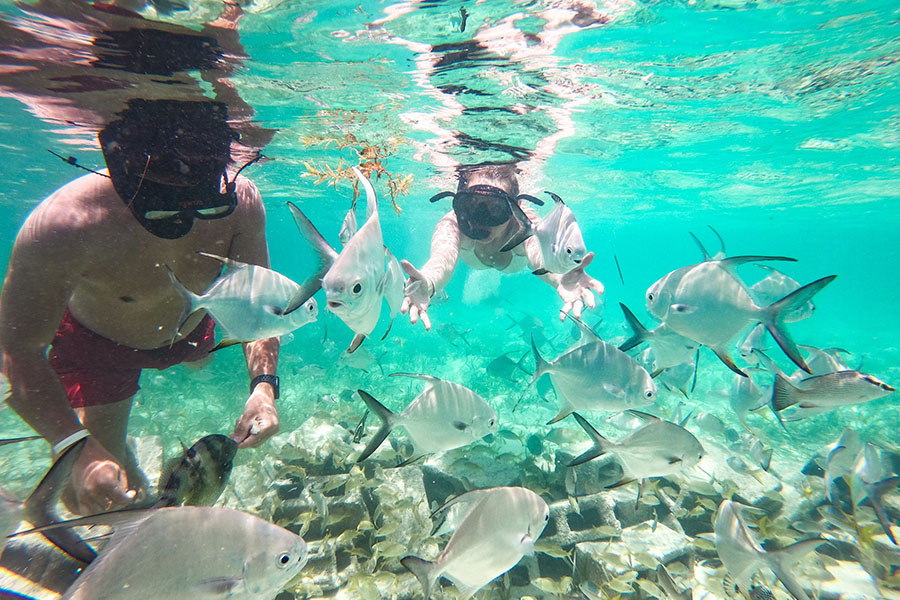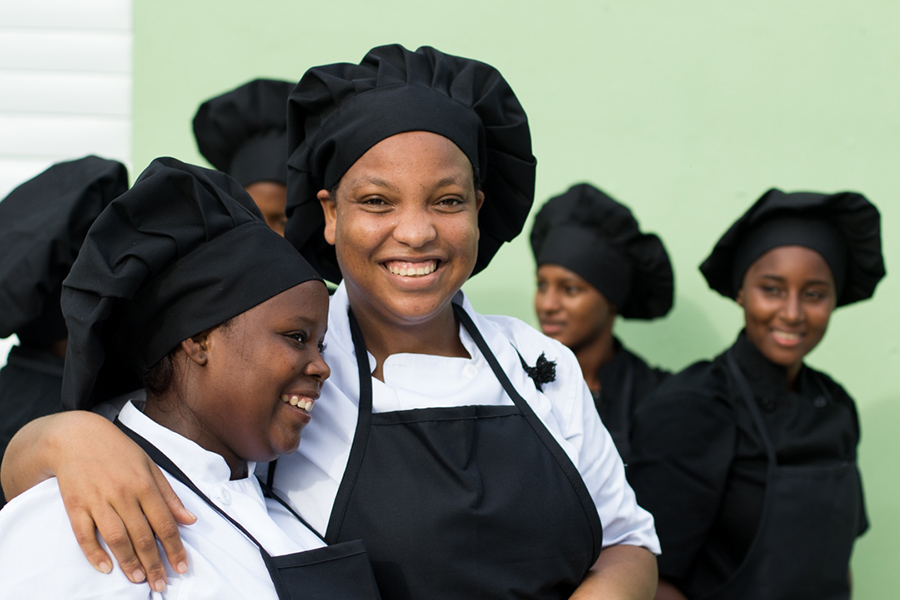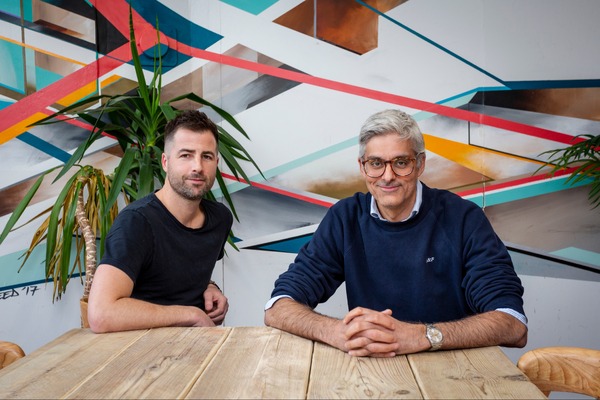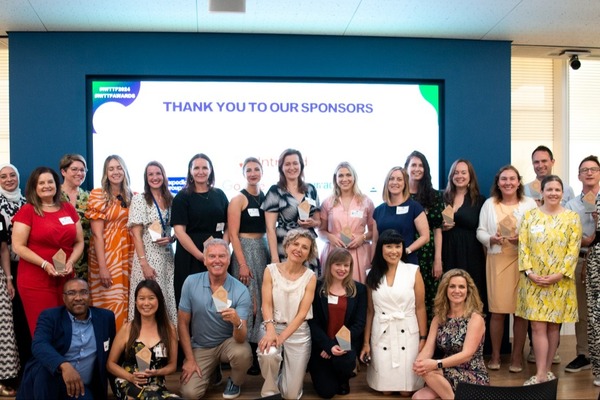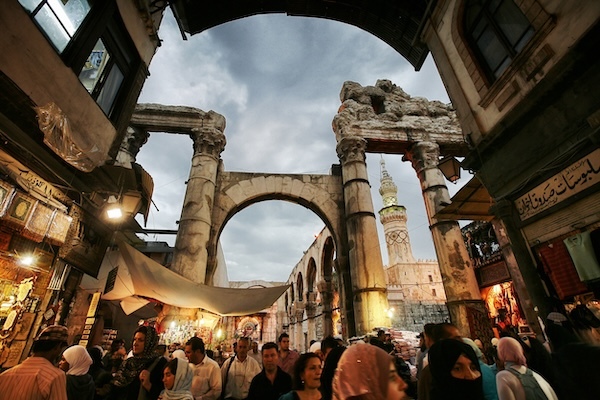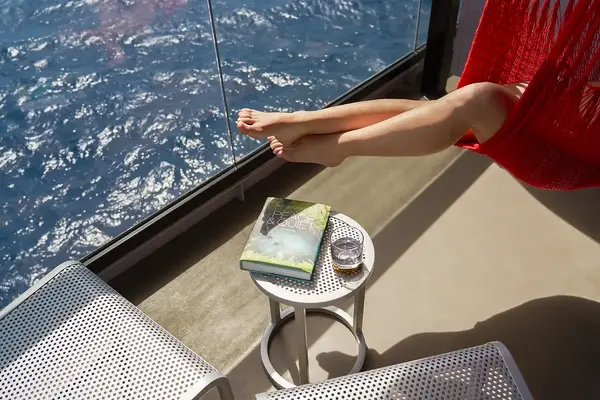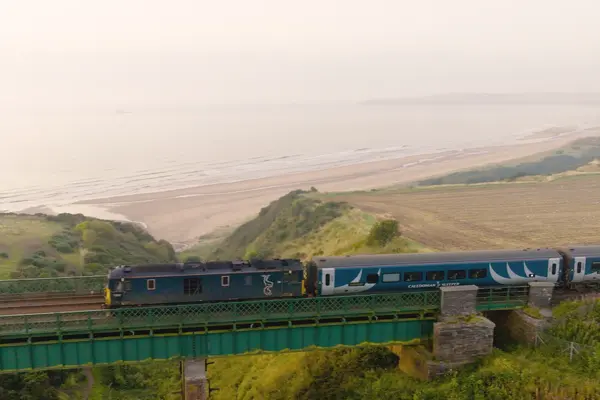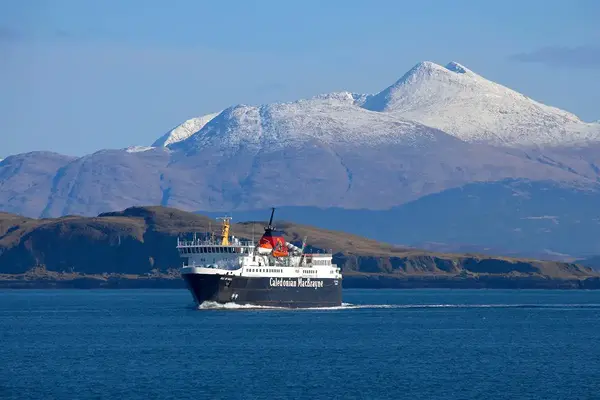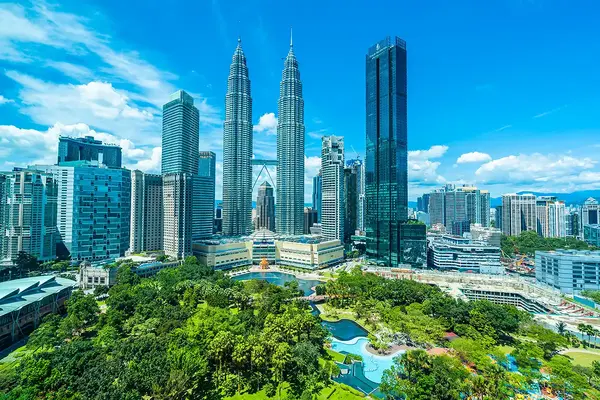'An alive fish is more important than a dead fish': on location with Tui Care
From coral restoration to girls’ education, our writer discovers how the Tui Care Foundation is changing lives in the Dominican Republic
"It is like magic – I never dreamed the plantation would grow so fast." Local environmentalist Patricia Lamelas looks across a lush forest of red and black mangroves the way a loving Dominican abuela (grandmother) would look at her grandchildren.
The Caribbean sun dazzles overhead and three brown pelicans swim in the wetlands below. Their curved necks and long bills are arched downwards. It might just be me, but it is as if the birds’ blonde feathery heads are bowing to Patricia in thanks for her environmental efforts.
Hundreds of thousands of trees have been planted in the Bajo Yuna national park since 2019, transforming a place ravaged by deforestation into a re-energised habitat. 400,000 more trees will be planted by 2026, and it’s all thanks to the Tui Care Foundation.
I’m fascinated by the project, but struck by how un-Caribbean this all feels. The landscape is far from the typical holiday vision of manicured tropical perfection. There are no golden sands or swaying palms here, only a jungle-like labyrinth of swampy vegetation.
But this muddy chaos is the unlikely scene of something transformational. The mangroves are helping fish and bird populations to recover, protecting local communities from the devastating impacts of hurricanes, and creating jobs for struggling fishermen in kayaking eco tours.
"These trees are rejuvenating the ecosystem, improving lives and creating new tourism opportunities", explains Patricia, her beaming smile testament to what the mangroves mean to the local people of the Samaná peninsula.
This is just one project in the Dominican Republic supported by the Tui Care Foundation, an independent charity set up by global package holiday operator Tui. The Foundation runs more than 50 environmental, educational and social projects in over 25 countries worldwide, investing €10 million a year in partnership with local charities. Money comes from Tui’s corporate donations, governmental partners and contributions from holidaymakers, and the goal is to harness the "potential of tourism as a global force for good".
A day later I find the Caribbean paradise that eluded me in the quagmires of Bajo Yuna’s mangroves. Decked in flippers and a snorkel, I’m on a boat in the turqouise waters off Punta Cana’s shoreline, helping to regenerate reefs damaged by years of over-fishing, heavy boating traffic and excessive tourism. Earlier we helped build a table-like frame of tiny coral branches; our goal now is to place it safely in the ocean.
“An alive fish is more important than a dead fish”, says Leo Franco, a coral ‘gardener’ with the Bávaro Reef Foundation. He used to be an illegal fisherman, but now helps to renew the marine reefs he once plundered, thanks to funding from the Tui Care Foundation. “Before I just thought corals were rocks, but now I know they are animals and need our help. It’s on us, as humans, to make things better.”
Together we leap into the translucent waters and carefully position the coral nursery. Shoals of tropical fish swim around, as the frame gently sinks into the golden sand and finds its permanent resting place. It’s a soul-stirring thought that one day this embryonic colony may become a thriving reef of tentacled corals, and home to fish, crabs, urchins, oysters, clams and so much more. An alive reef is better than a dead one.
“It has been one of the best decisions I’ve ever made – a positive, radical change in my life”, says 19-year-old Yoismerlyn. From the Caribbean seas to the less glamorous world of hotel management, I next find myself in a hotel function room listening to the testimonies of Tui Academy graduates. This six-month educational programme helps young women gain qualifications and find jobs in the tourism industry. Youth unemployment is a massive problem in the Dominican Republic, but the academy’s work is changing the narrative.
“I used to be a very insecure person”, continues Yoismerlyn, who now works as a secretary and is even paying her own way through medical school. “But now I know my future will be very bright. I believe the world would be a very different place if everyone could benefit from the same training I’ve received.”
Single mother Sahory, 24, has a similarly uplifting story. While her two children are looked after by the Tui Academy’s free childcare service, she is now able to work in hotel hospitality. “The project has helped me surpass my own expectations. Now my life is very different – I can financially support my kids and I love it.”
I love it too. Of course, nothing can fully placate the ills of tourism – carbon emissions, habitat destruction and low-paid jobs – but there’s something heart-warming about the way the Tui Care Foundation is fighting back. Can tourism really be a global force for good? After my Caribbean charitable adventure, I believe – just perhaps – that it can be.
Three more Tui Care Foundation projects
1. Tui Sea the Change, Mozambique
This project is protecting the vulnerable Bazaruto Archipelago National Marine Park in south-eastern Mozambique by collecting and recycling plastic waste, promoting sustainable fishing and educating local people on marine conservation.
2. Tui Wildlife, Sri Lanka
Over 70% of Sri Lanka’s elephants live outside protected areas and 44% of this land is shared with humans – the end result is often, sadly, conflict. This project is helping humans and elephants to live together in better harmony by building solar-powered fences in rural areas.
3. Tui Junior Academy, Turkey
Working across the tourist regions of Antalya, Aydın, Muğla and Izmir, this project aims to inspire 4,000 secondary school students to become eco champions, as well as train 480 teachers in how to deliver environmental education.
• For further information, see tuicarefoundation.com/en
